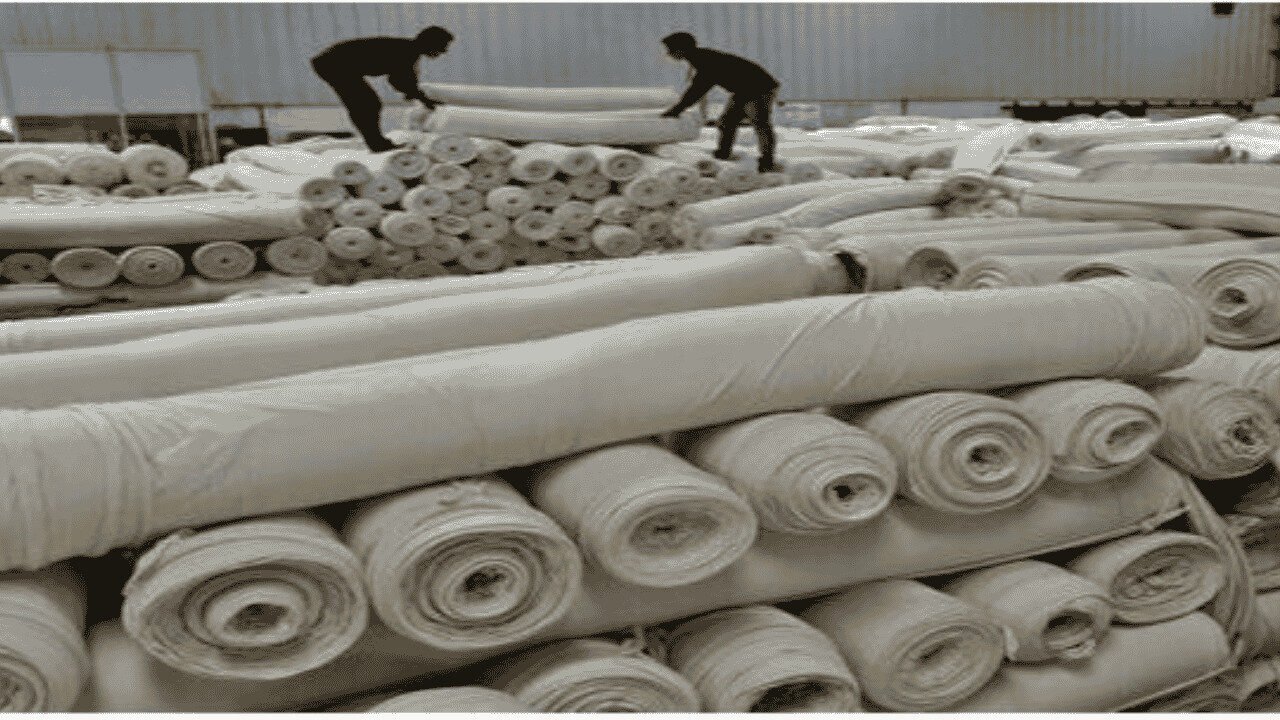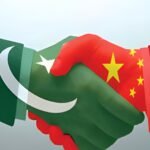By Hasnain Ali
The Embassy of Pakistan in Beijing has stepped up its business diplomacy with a series of active B2B (business-to-business) events in 2024 and the first half of 2025.
These efforts have led to new investment promises, trade deals, and more Chinese companies getting involved in various sectors in Pakistan.
Documents from Wealth Pakistan show that the embassy organized over 200 matchmaking meetings in early 2025.
Big Pakistani companies like Dolmen Group, Organic Group, and Wah Nobel were connected with potential Chinese partners in cities such as Beijing, Weifang, Dalian, and other industrial hubs.
The embassy also helped 120 Chinese companies take part in FoodAg Manufacturing 2025, held from February 26–28 at the Expo Centre in Lahore. This was the largest delegation from any foreign mission at the event.
Key results included plans for a Potato Seed Research Centre between Inner Mongolia Zhongjia Agricultural Biotechnology Co., Ltd. and Roomi Farms.
Another major outcome was technological cooperation in livestock machinery between Wuhan Red Star Agro-Livestock Machinery Co., Ltd. and Pakistan’s Ghani Group.
The embassy also coordinated a visit by the XPCC (Xinjiang Production and Construction Corps) delegation, which included 10 companies interested in six sectors: agriculture, energy and minerals, textiles, chemicals, auto and auto parts, and construction.
Meanwhile, a Beijing delegation of 72 representatives from 57 companies signed seven MoUs covering pink salt, minerals, traditional Chinese medicine, and machinery during B2B events.
Pakistan also participated in major trade fairs such as the China Eurasia Expo, Harbin Expo, Lanzhou Trade Fair, and the 4th RCEP (Shandong) Import Expo, with more events planned, including CIFIT, Arab Expo, and the China-Northeast Asia Expo.
In April 2025, many delegates attended the Health, Engineering, and Medical Show, while seven Chinese representatives visited Pakistan to explore cooperation in environmental protection, industrial e-commerce, education, agriculture, and automobiles.
Significant investment talks are also moving forward. Shandong Ruyi Group plans to invest USD 3–5 billion in a textile and apparel complex in Pakistan.
Similarly, Iron Brothers Group successfully completed its first visit as it prepares to establish a Special Economic Zone in Gilgit under the SIFC framework.
Overall, these activities show a year of stronger business-to-business collaboration, with real progress in trade, investment, and joint industrial projects between companies from both countries.
Author Profile






